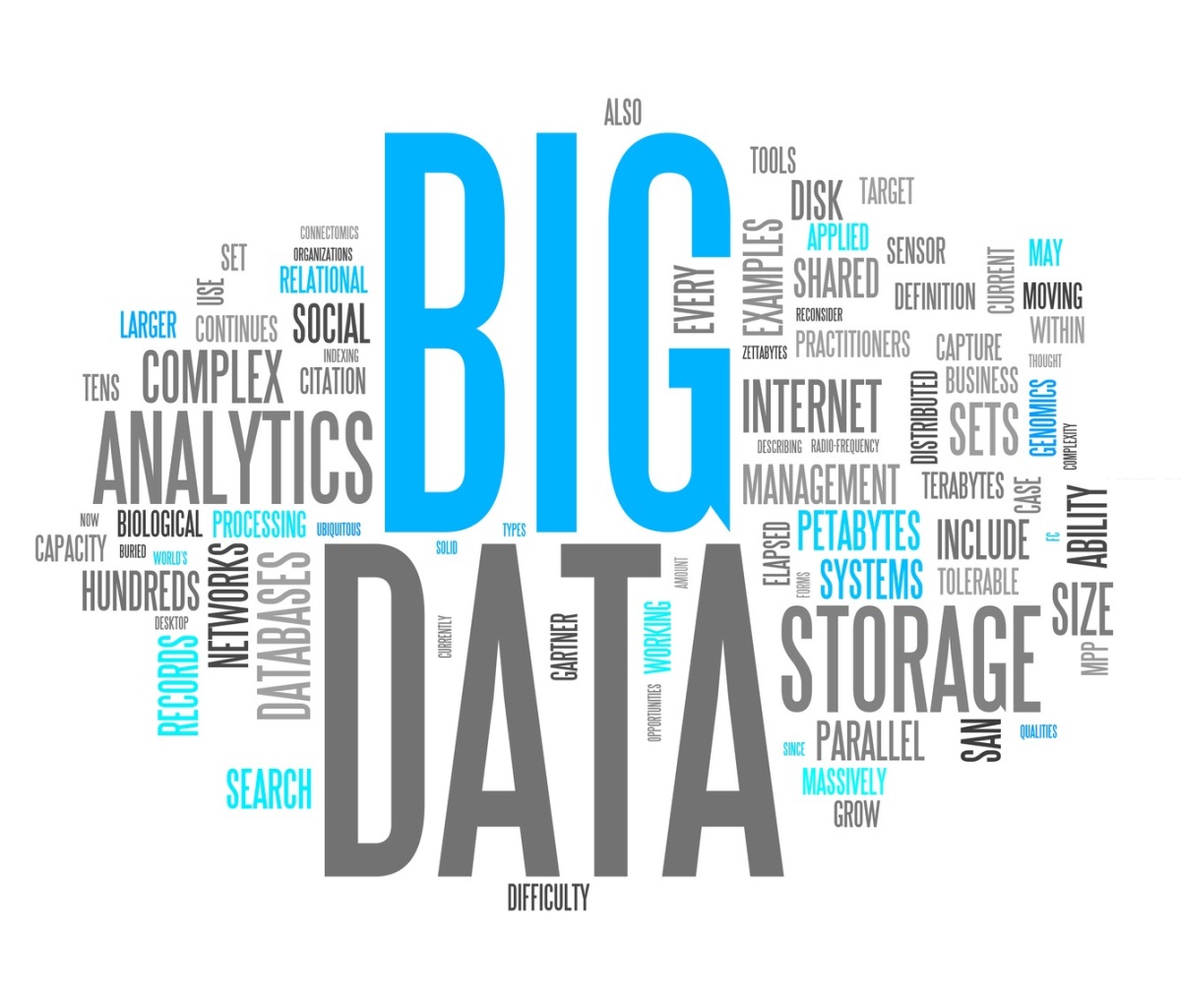So we have all heard this buzzword, “big data”. Many people say it will be the next revolution, others state it will be the beginning of the lost of personal privacy.
But what is exactly Big Data ?
As we have been modernizing and developing new technologies, the amount of data we are producing has also been incrementing to extents only imaginable in Science Fiction. And, with great data, comes great responsibilities. If information is power, big data is the “holy grail”, and those who are able to manipulate it will be able to shape the future development of industries.
Manipulating this information means capturing trends across the data and using it to benefit the operational and manufacturing process of different industries by updating their practices and being more efficient.
According to the McKinsey Global Institute report on Big Data in 2011 there are five big domains where this technology will have the greatest impact in:
- Healthcare in the U.S: If it used this technology, it could harness more than $300 billion in value every year.
- The public sector in Europe: Could save more than €100 billion in operational efficiency improvements alone, reducing fraud and errors and boosting the collection of tax revenues.
- Retail in the United States: Using retailer data to increase its operating margin by more than 60%.
- Manufacturing and personal-location data globally: Could capture $600 billion in consumer surplus.
Also, they elaborated seven key insights from previous research :
1. By 2009, nearly all sectors in the US economy had at least an average of 200 terabytes of stored data per company with more than 1,000 employees.
2. There are five broad ways in which big data can create value, making information transparent and usable at much higher frequency. Second, organizations can collect detailed performance information from every inventory boosting productivity. Third, it will allow companies further segmentate their customer base, tailoring their products for more satisfaction. Fourth, developed analytics will improve decision-making for different industries. Finally, big data can and will be used to improve the development of future new products.
3. The usage of big data will become a key component of competition and grow for individual firms. New companies will leverage data-driven strategies to enter and compete into the market.
4. It will underpin new waves of productivity grows and consumer surplus.
5. Even though, the use of this technology will vary from sector to sector, some sectors will have greater advantage such as the computer and electronic products industry.
6. There will be shortage of talent necessary to tackle the development of this technology.
7. Issues related to privacy will have to be tacked. Policies will be needed to set the boundaries on what information can and cannot be obtained from the consumer.
As we can clearly see, big data will propose several key challenges to the future industry. We will have to tackle each of these aspects in order to fully use the capabilities of this new technology. As with great power, comes great responsibilities and so happens with Big Data.
